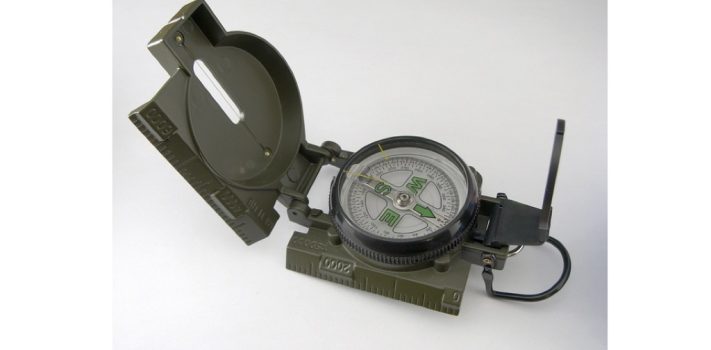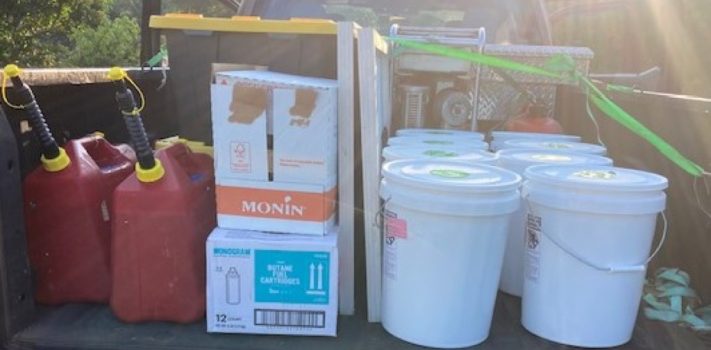In my two recent SurvivalBlog articles, I made suggestions about the equipment you’ll need in your GHB (Get Home Bag), BOB (Bug Out Bag), and your INCH (I’m Never Coming Home) kit. What was not covered was travel and the conditions you might encounter. Traveling is austere conditions is the subject of this two-part article. What is common to both parts is the weather.
Traveling will not be easy. Reality check: traveling and resting in austere conditions will not be a sightseeing nature stroll or a “glamping” trip. You must pay attention – all the time. If you are out of condition, aren’t familiar with map reading, and/or have no hiking and camping experience, you might want to devise a plan “B,” or re-think your shelter-in-place (SIP) plans and take action on them instead. I/m just being practical, folks.
If you are close to your destination and you know your way, you can file the information in these two articles in your memory banks for future reference. Regardless, there are two situations have a good chance of happening that have a direct bearing on your travel – 1.) finding your way and recovering from getting lost, and 2.) having to spend at least one night in the “wilderness.”Continue reading“Traveling in Austere Situations – Part 1, by Dr. Rick”


















